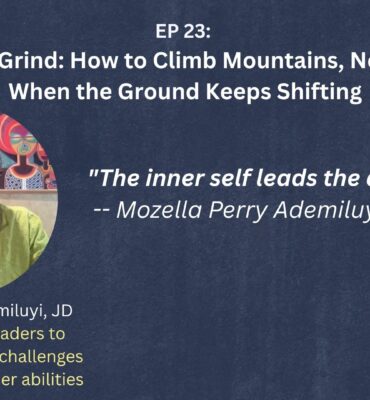I love to play tennis, and one year I had the privilege of playing on a 4.5 woman’s tennis team, a level up from where I was playing before. For those unfamiliar with the United States Tennis League levels for Adults, recreational tennis players are rated on one of several levels. A beginner player is rated 2.5, and the more advanced levels increase by 0.5 on the scale. As a player’s ability increases, so does the level of play.
At the time, I was rated a 4.0, granting me the option to play up to the 4.5, a more challenging level. This was a privilege and a unique opportunity to continuously increase my level of play because I was then allowed to play against challenging opponents.
During a team match, players can compete in one of five slots, with the better players competing in the top slots. As a 4.0 player, I was accustomed to playing in the lower positions because at my level, I primarily play doubles, that is, number two doubles.
Captains particularly appreciate me because, in a pinch, I’ll take the risk and fill in at number two singles. One day, I was asked to play in the number spot.
My inner critic freaked out!
When Your Inner Critic Take Over Control
My inner critic wanted to take over control! The protective, yet damaging voice, screamed, “You have a hard time competing at 4.0 levels, let alone playing in the top spot. Are you out of your mind!?!”
Can you relate to stepping up to a challenging project or, worst, a difficult task with an aggressive timeline? How does your inner critic respond?
My inner critic stepped in, and my ability to play tennis dropped several levels at that moment. I’m competitive, and I hate losing matches when I feel I didn’t play my best. It’s the “I didn’t play my best” part that bugs me the most. My goal in this match was to bring my best and play hard to give it my all.
In the past, I would quiet my inner critic with positive affirmations. Unfortunately, I almost always halfheartedly believed the positive messages. The results were that my best play wouldn’t show up.
The Simple Words that Calmed My Inner Critic
The change I needed was an adjustment that would allow me to bridge the gap between where I was, crippled with anxiety, to being relaxed enough to play my best.
I had a vision of how and where I wanted to hit the ball, how I wanted to move on the court, and how I wanted to bend my knees as I struck the ball. I couldn’t let my inner critic distract me from an intense focus on playing my best.
That day, I tried something new. Every time my self-critic distracted me with all my shortcomings, such as, “You don’t normally hit against such competitive women,” I added a simple phrase, “until now!”
The simple words let me bridge the gap between my current level of play during competition and this new experience. Adding the simple words helped me to hit some of my best shots against a very young tough powerful competitor during a match that counted. I found I was free to be present in the game, utilize creative energy, and walk off the court with my head high, knowing I brought my best.
Simple Words to Calm Your Inner Critic
Applying this story to business, when you find yourself overcome by your inner critic, who demands perfection, suggesting that you’ve never performed a role in a particular project or that you’ve never delivered results in such a short time frame, you can reframe the situation by adding the words, “until now.”
Take Action
Whenever your inner critic, a voice of fear, makes a defined statement about your inability to close a sale, add the words “until now.” Visualize success and make your move.













